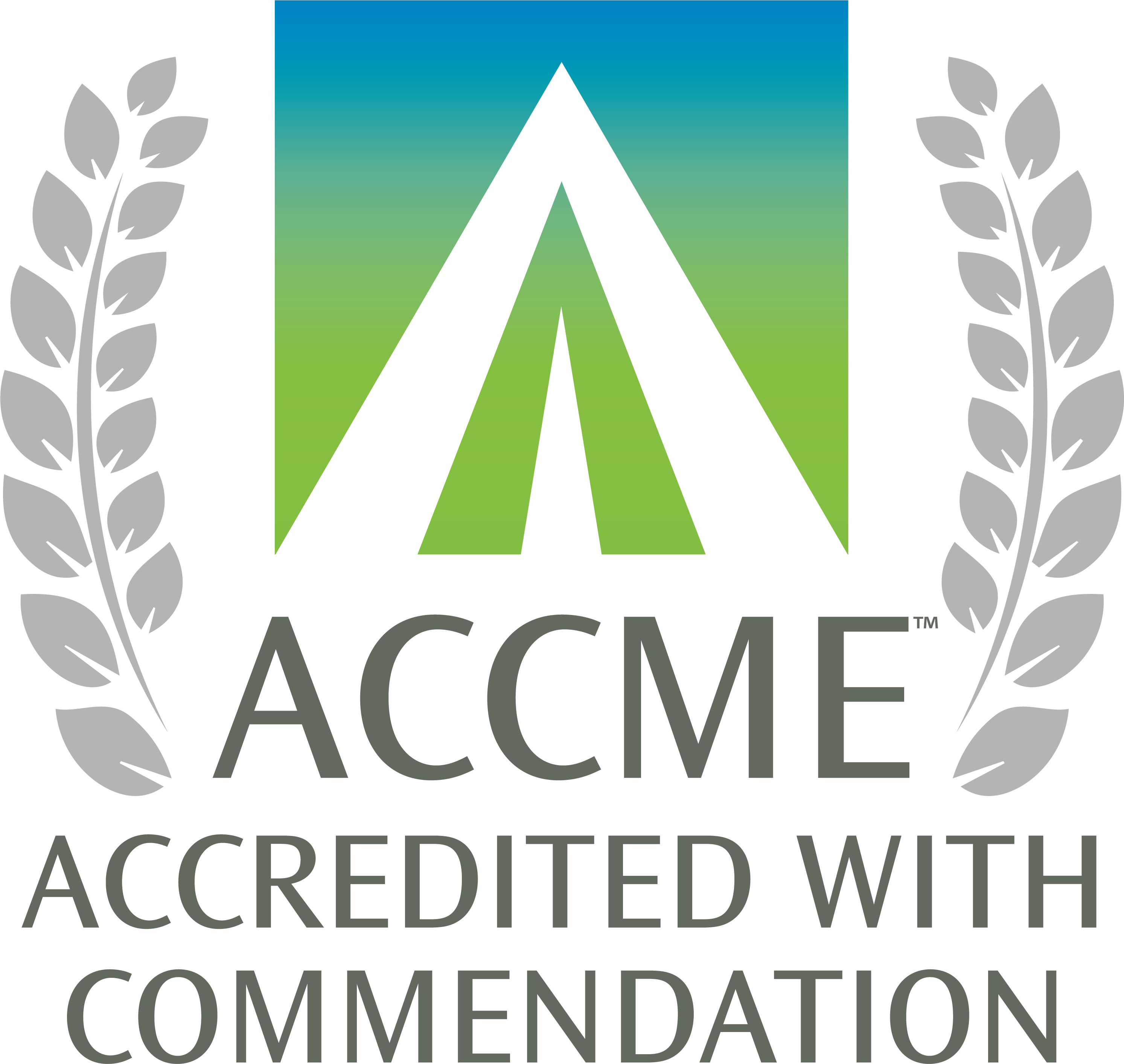FODMAP Module 07: Liberalising Your Patient's Diet | Implementing Phase 3- Maintenance Phase
To begin this activity, click Enroll. Once logged in, learners can access educational content, assessments, and evaluations. Learners who successfully complete the activity will be able to print a certificate.
Module 7:
Liberalising Your Patient's Diet | Implementing Phase 3- Maintenance Phase
Rebecca Ponsford, APD
- Translate the challenge phase results into practical suggestions: adding back in the high FODMAP groups tolerated and strategies when first doing this to figure our thresholds. i.e. Combining high FODMAP groups that were tolerated during the re-introduction phase.
- Implement long-term nutrition outcomes based on the results of each FODMAP subgroup challenge.
- Discuss changing tolerances over the lifespan and re-challenging failed FODMAP groups.
- Discuss the role of prebiotic and probiotic supplementation in IBS patients.
- Review the use of trialing specific digestive enzymes for discovered triggers: Lactase for lactose intolerance, Alpha-galactosidas for GOS group – based on challenge results
This activity has been planned and implemented in accordance with the accreditation requirements and policies of the Accreditation Council for Continuing Medical Education (ACCME) through the joint providership of the University of Michigan Medical School and GI Institute. The University of Michigan Medical School is accredited by the Accreditation Council for Continuing Medical Education (ACCME) to provide continuing medical education for physicians.
The University of Michigan Medical School designates this enduring material for a maximum of 1.00 AMA PRA Category 1 Credit(s) ™. Physicians should claim only the credit commensurate with the extent of their participation in the activity.
Palsson O, Whitehead W, Tornblom H, et al. Prevalence of Rome IV Functional Bowel Disorders Among Adults in the United States, Canada, and the United Kingdom
Gastroenterology 2020;158:1262–1273.
Chey WD, Eswaran S, Kurlander J. Management of Irritable Bowel Syndrome. JAMA 2015; 313(9):949-958.
Agarwal N, Spiegel B. . The Effect of Irritable Bowel Syndrome on Health-Related Quality of Life and Health Care Expenditures. Gastroenterol Clin North Am. 2011;40(1):11-19.
Gralnek IM, Hayes RD, Kilbourne A, et al. The impact of IBS on health-related quality of life. GASTROENTEROL 2000;119:654–660.
Whitehead WE, Palsson O, Jones KR. Systematic review of the comorbidity of irritable bowel syndrome with other disorders: what are the causes and implications?
Gastroenterology. 2002;122:1140-1156.
Levy RL, Olden KW, Naliboff B, et al. Psychosocial aspects of the functional gastrointestinal disorders. Gastroenterology. 2006;130:1447-1458.


